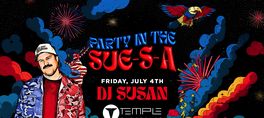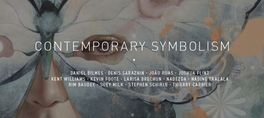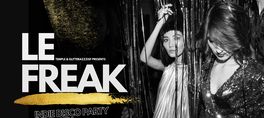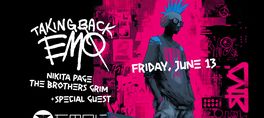Renoir's first full-length vehicle for his wife, Catherine Hessling, was later called by Renoir "my first film worth talking about." It is Emile Zola filtered through "a study of French gesture as reflected in the paintings of my father and the other artists of his generation," and through Erich von Stroheim's Foolish Wives, with its fascination with the fantastic in the real. Hessling, as the Second Empire actress turned courtesan, is a virtual spinning top, a dancing and miming vortex who draws men to destruction and finally is herself destroyed. Nana was a financial disaster for Renoir, but today it is considered one of the first modern French films. In Renoir's own oeuvre, it looks very far forward—through the "bitch" in La Chienne to the humanity of Elena and Her Men and French Cancan. Marveling at Hessling’s performance and Renoir’s direction, Langlois simply wrote, “He let her live in front of the camera . . . but one cannot be Auguste Renoir’s son and get away with just that; the film was full of images that continually evoke Manet, Degas, and Renoir.”
• Written by Pierre Lestringuez, based on the novel by Emile Zola. Photographed by Edmund Corwin, Jean Bachelet. With Catherine Hessling, Jean Angelo, Werner Krauss, Valeska Gert. (150 mins, Silent, B&W, 35mm, From La Cinémathèque française)
show less
• Written by Pierre Lestringuez, based on the novel by Emile Zola. Photographed by Edmund Corwin, Jean Bachelet. With Catherine Hessling, Jean Angelo, Werner Krauss, Valeska Gert. (150 mins, Silent, B&W, 35mm, From La Cinémathèque française)
Renoir's first full-length vehicle for his wife, Catherine Hessling, was later called by Renoir "my first film worth talking about." It is Emile Zola filtered through "a study of French gesture as reflected in the paintings of my father and the other artists of his generation," and through Erich von Stroheim's Foolish Wives, with its fascination with the fantastic in the real. Hessling, as the Second Empire actress turned courtesan, is a virtual spinning top, a dancing and miming vortex who draws men to destruction and finally is herself destroyed. Nana was a financial disaster for Renoir, but today it is considered one of the first modern French films. In Renoir's own oeuvre, it looks very far forward—through the "bitch" in La Chienne to the humanity of Elena and Her Men and French Cancan. Marveling at Hessling’s performance and Renoir’s direction, Langlois simply wrote, “He let her live in front of the camera . . . but one cannot be Auguste Renoir’s son and get away with just that; the film was full of images that continually evoke Manet, Degas, and Renoir.”
• Written by Pierre Lestringuez, based on the novel by Emile Zola. Photographed by Edmund Corwin, Jean Bachelet. With Catherine Hessling, Jean Angelo, Werner Krauss, Valeska Gert. (150 mins, Silent, B&W, 35mm, From La Cinémathèque française)
read more
• Written by Pierre Lestringuez, based on the novel by Emile Zola. Photographed by Edmund Corwin, Jean Bachelet. With Catherine Hessling, Jean Angelo, Werner Krauss, Valeska Gert. (150 mins, Silent, B&W, 35mm, From La Cinémathèque française)
show less
Date/Times:
PFA Theater
2575 Bancroft Way, Berkeley, CA 94720
The Best Events
Every Week in Your Inbox
From Our Sponsors
UPCOMING EVENTS
Great suggestion! We'll be in touch.
Event reviewed successfully.








